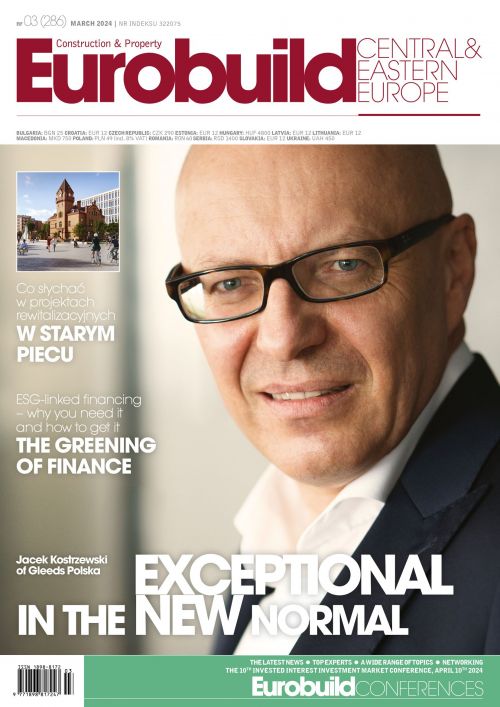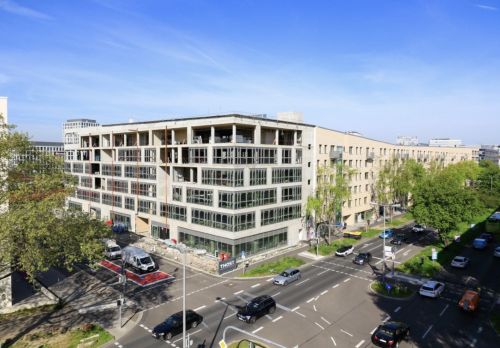You’ve just re-joined Student Depot after a break of a few years. The market has changed a lot in this time, but how has the platform changed?
Michał Obara, the managing director of Student Depot: A great deal has happened in the company, but maybe I should begin with something that hasn’t changed. When I left Student Depot in 2018, we were the largest operator and owner of private student halls in Poland – and that’s still the case. For sure, today the company is far more professional. We have a team of over 40 people with nine operating halls, one under construction and another under preparation; moreover, we want to deliver another two new projects over this year. Our development plans are fully supported by Kajima Europe, the owner of the platform. Our first project, which we built from scratch in Wrocław, is very different from the student hall we handed over in Warsaw this year. The visible differences are in the amount of common space, the size of the





























































